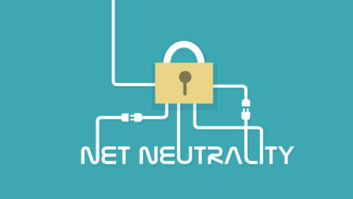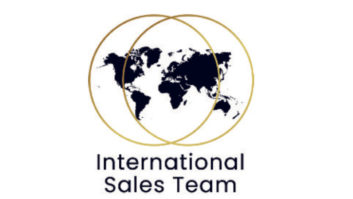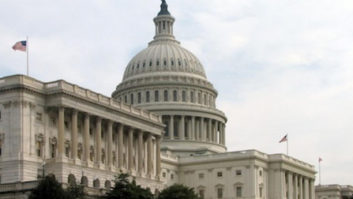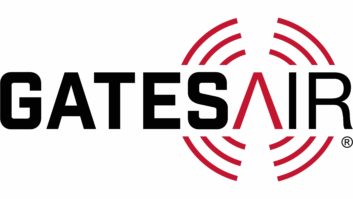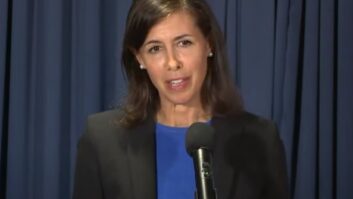The Senate has approved an Internet sales tax proposal, paving the way for shoppers to pay sales taxes on most online purchases.
Under current law, states can only collect sales taxes from retailers that have a physical presence in their state. The Marketplace Fairness Act would empower states to tax out-of-state, online retailers. Small businesses that earn less than $1 million annually would be exempt.
Supporters say the measure closes the gap between what brick-and-mortar stores can collect on purchases, versus what online stores can collect. Opponents say the law would reduce online commerce and be complicated to enforce.
The measure affects radio equipment purchases, we’ve reported.
However, now the Marketplace Fairness Act moves to the House where it faces an uncertain future; Republicans are split on the issue.
In response to the Senate passage, CEA President/CEO Gary Shapiro said the bill modernizes how sales taxes are collected and the majority of the Senate “realizes that treating all retailers alike is a matter of fundamental fairness and common sense.”
The Retail Industry Leaders Association says the measure is aimed giving states the power — if they so choose — to better enforce their sales tax laws and to level the playing field for “Main Street” merchants.
Senate passage “foreshadows the end of the special treatment of big online businesses at the expense of retailers on Main Street,” said Bill Hughes, senior vice president for government affairs. “We look forward to a constructive debate in the House to level the playing field for all retailers this year.”
Amazon supports the bill while eBay, Google and Overstock.com oppose the bill.
Online retailer eBay senior director of global public policy Brian Bieron said more work needs to be done to get the Internet sales tax issue right, including ensuring that small businesses using the Internet are protected from new burdens that harm their ability to compete and grow.” The online auction site is lobbying lawmakers to raise the small business exemption to $10 million.





